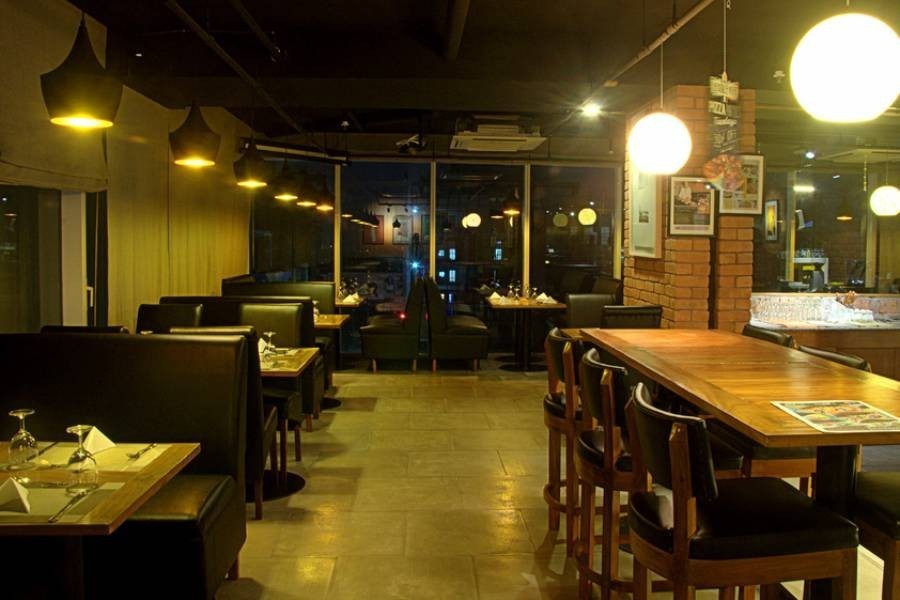It is nothing less than an SOS call from the Bangladesh Restaurant Owners' Association (BROA). They have appealed to the government for allocation of subsidised TCB essentials such as cooking oil, sugar, onion and lentil for them to tide over the crisis they face on account of unrelenting price hikes. For many in the hotel and restaurant business, it has not been possible to survive the prolonged pandemic time, others opened their doors to welcome customers with the retreat of the coronavirus but some of them were compelled to close down their outlets because of soaring prices of most foodstuffs. The BROA claims that they did not or could not raise prices of their dishes and drinks in order to attract the sparse customers. Now the situation is dire indeed, because diminishing return on their investment has dipped forcing them to count losses.
Some of the reports on restaurants in recent times have been punctuated with elements of sarcasm. Underlying the sarcasm, there runs a deep sense of frustration mixed with agony. One such report concerns the frying of 'parota' with a few scanty drops of cooking oil instead of its generous use. Content of the tea cup has been halved with different price tags for the amount of sugar used and the size of many of the common snacks has shrunk significantly. These are efforts to stay in the business during one of the history's trying times. Individual stories of people are too depressing for one to stomach. One such story carried in a Bangla contemporary is about a representative employee of a private organisation in Kawran Bazar area. Already forced to cut many of his family's expenditures following reduction of his pay package, he now skips lunch in a restaurant and a banana and a bun make for his midday meal. He is not alone. Thousands of low-end common customers like him now avoid frequenting restaurants and this stands on the way of eateries recovering from the pandemic shock.
If the economy is turning around, why are legions of low-income people discovering themselves in a hostile economic environment? When accusing fingers are pointed at traders and business sharks, routine food business of hotels and restaurants is experiencing the worst possible situation. Here is a business that has to purchase eatables on a daily basis to serve at their facilities. So they feel the heat of an extraordinary volatile market. They cannot hoard or preserve the main ingredients for long. This was once their strong point during the normal time but now it has turned out to be their weakness for want of sufficient number of customers.
When the odds are against them, the restaurants also have to maintain their standard on several counts. The Bangladesh Food Safety Authority (BFSA) started rating hotels and restaurants in 2019 on the basis of their valid licences, visibility of kitchen condition to customers, traceability of sources of raw materials, receipts of purchasing products, power and drainage system, temperature condition, cleanliness of staff. No loss-making entity can survive, let alone maintain high or excellent rating. Evidently, the stimulus packages have helped big businesses to accumulate wealth but no trickle-down benefits have reached the poor, the underprivileged and low-income segment. So restaurants deserve support in cash or kind as long as the market remains volatile. The benefit of the support will in turn spread among people skipping lunch in restaurants.


